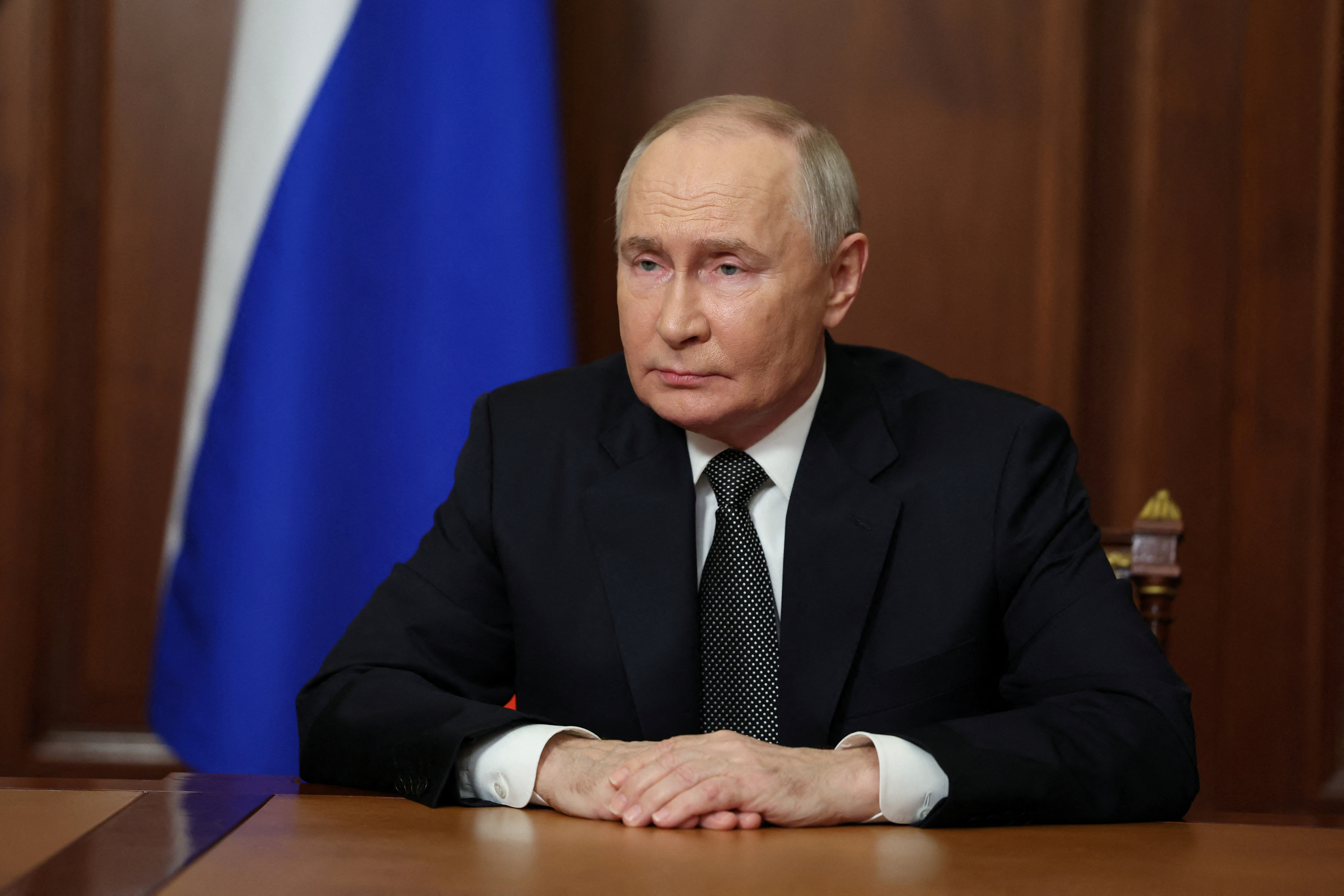Crossroads for multilateral diplomacy, peace and global security
By Euripides L Evriviades
Stanley Kubrick’s 1964 film, Dr. Strangelove or How I Learned to Stop Worrying and Love the Bomb, brilliantly satirised Cold War paranoia and its catastrophic potential.
Filmed two years after the Cuban Missile Crisis, it captured how fear and irrational decision-making could spiral into nuclear Armageddon. While paranoia breeds irrationality, the hallmark of Cold War decision-making was rationality – a critical factor in preventing catastrophe.
Nearly 60 years later, Dr Strangelove resonates as the world faces interconnected crises in Ukraine and in the Middle East. Both conflicts, fuelled by perilous and often irrational decision-making, threaten to destabilise global peace and security, with some suggesting humanity may be on the threshold of World War III.
Are we witnessing a breakdown in decision-making in Ukraine and the Middle East? Is Armageddon ante portas? One hopes not. But hope is not a policy – it neither mitigates risks nor provides solutions.
Ukraine: The Perils of Escalation
The war in Ukraine has reached a critical juncture. The Biden administration recently authorised the use of long-range US weapons (ATACMS), enabling Ukrainian forces to strike deep into Russian territory. This marks a significant escalation and comes as President-elect Donald Trump prepares to take office. Notably, this decision was announced after a White House meeting between Biden and Trump, with Trump remaining silent, as of this writing, about the use of these weapons – raising questions of tacit approval.
In response, Putin publicised changes to Russia’s nuclear doctrine, lowering the threshold for what constitutes an “existential threat” warranting a nuclear response. Russian officials have also hinted at disabling US satellites, with “accidents” in space potentially escalating the conflict further. To underscore these threats and as a signal especially to Nato’s European members, Moscow launched a hypersonic intermediate-range ballistic missile (codenamed Oreshnik — “hazel” or “hazel grove”) at the Ukrainian city of Dnipro for the first time in the war. The purpose of these intermediate missiles is for war in Europe and they can easily be modified to carry multiple tactical nuclear weapons.
The US appears to be following a strategy of “escalate to de-escalate” where military escalation aims to strengthen bargaining power for peace negotiations. Yet this approach is fraught with danger. The Cold War remained cold due to sustained communication and rational decision-making. Without high-level dialogue today, the risk of uncontrollable escalation looms large, echoing Kubrick’s grim warnings.
The Middle East: From “Manageable” Conflict to Conflagration
In the Middle East, conflicts in Gaza, the West Bank and Lebanon have spiralled beyond containment. What began as a “localised” war between Israel and Hamas, namely between a state actor and a non-state actor, has expanded to involve Hezbollah in Lebanon, the Houthis in Yemen, and Iran – a state actor on the threshold of nuclear capability. While Iran does not yet have nuclear weapons, it stands at the brink and could resort to deploying “dirty” weapons in an emergency.
Iran’s ambitious policies, coupled with hardened Israeli rhetoric calling for “total victory” over Hamas, Hezbollah and the Palestinian Authority, undermine prospects for a two-state solution and risk igniting a wider regional conflict.
The US role is pivotal. Israeli Prime Minister Benjamin Netanyahu views Trump’s presidency as an opportunity to neutralise Iran’s nuclear programme. However, an overly aggressive strategy risks escalating the conflict into a broader war with global repercussions. To avoid this, Trump must use his influence to address deeper regional challenges, including the legitimate aspirations of the Palestinians and the provocations of Israeli hardliners, while leveraging tools like the Abraham Accords to promote peace.
Interconnected Risks
Although the conflicts in Ukraine and the Middle East differ in nature, they share common dynamics: both test the limits of rational decision-making and expose the fragility of global security frameworks.
In Ukraine, unchecked escalation risks direct confrontation between nuclear powers, raising the prospect of nuclear weapons being used for the first time since World War II. In the Middle East, escalation threatens to create an unending cycle of violence. While only Israel possesses nuclear weapons, the involvement of nuclear-capable Iran raises the danger of crossing the nuclear threshold.
Tailored approaches are essential for both conflicts. In Ukraine, peace is conceivable if high-level dialogue between Washington and Moscow is restored. In the Middle East, the US must prioritise diplomacy to restrain provocations by Israeli hardliners, address Palestinian statehood and prevent Iran from advancing its nuclear ambitions.
The world stands at a crossroads. Decision-making in Ukraine and the Middle East has brought us closer to the brink of catastrophic escalation than at any time in recent history. Yet history offers hope. The Cold War remained cold because rationality prevailed. The same must happen now.
Avoiding Armageddon requires rejecting escalation and committing to hard, tireless and sustained diplomacy. Global peace and security depend on it.
Euripides L Evriviades is a former Cyprus ambassador to the US and high commissioner to the UK, and a senior fellow of the Cyprus Institute of European and international Affairs







Click here to change your cookie preferences